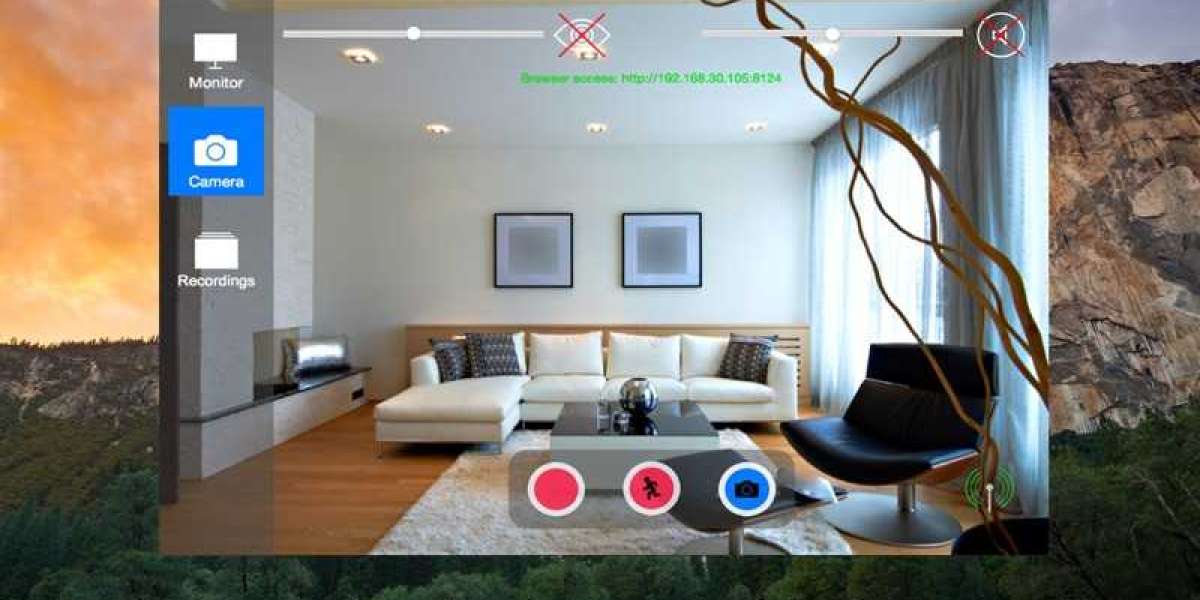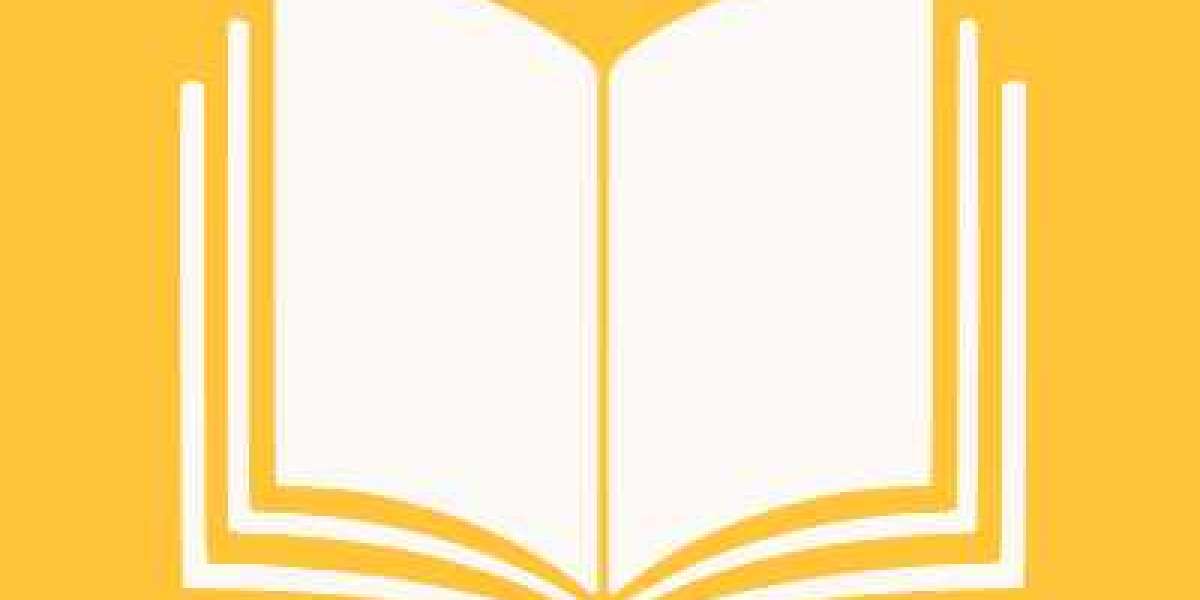hey this is Chetna and you're watching ChetChat one of the largest online career and higher education chat shows and today we're talking about how to study smart and not hard and before I begin telling you those 10 proven scientific techniques press the subscribe button and the bell icon right next to it and just to remind you that we have a few good videos for you already on how to make great notes on good study tips and a perfect timetable and I'm gonna drop links for you in the description box under the video so you can go back and watch them once you've finished watching these 10 proven scientific techniques on how to study smart and not hard smart study technique number one is called study in chunks the Pomodoro Technique says you should study for 25 minutes take a five-minute break and then repeat this three times over and then take a longer break but 25 minutes may not be your perfect chunk of time.
Read for: top academic writing service
so how do you find your attention span I would take up a book and start reading and the moment I find myself getting distracted or dozing off I'll press that timer and bingo that's my perfect chunk of time now chances are that when you complete that single chunk of time which could be 25 minutes for example you haven't totally finished that topic of concept and that's actually a good thing because now the Zeigarnik effect will come into play which states that the human brain tends to remember incomplete and unfinished tasks much better than it does completed tasks so while you take that five-minute break your brain is going to process that unfinished task or concept and when you get back to it in the second lot of 25 minutes you're going to have much more clarity smart study technique number two is called 20% read 80% recite now sometimes I find that we read the entire day we go from one subject to the next but we are either reading from a book or from a laptop and the brain gets so bone tired that it totally stops paying attention.
Check it out: top coursework writing service
now how about this you read a concept close your book ask yourself a question and try to answer it without opening that book back in your own words and related back to a concept perhaps that you've learned some time back and the perfect smart study tip is 20% read 80% revise and also try to come up with your own examples to understand every concept and don't forget to go back and check with your teacher whether your examples are relevant for that concept smart study scientific tip number 3 is called spaced repetition now instead of spending the entire day going over one single topic how about you study one concept and then change the topic and you come back maybe later or the next day and go over that concept a little bit and then switch to the next concept so what will happen is that you'll repeat that concept over a few days and a few times and that is what we call spaced repetition now the mind learns the concept better when you go over it over and over again rather than spending a large amount of time on a single day trying to attack that concept also varying topics and even subjects helps the brain .






